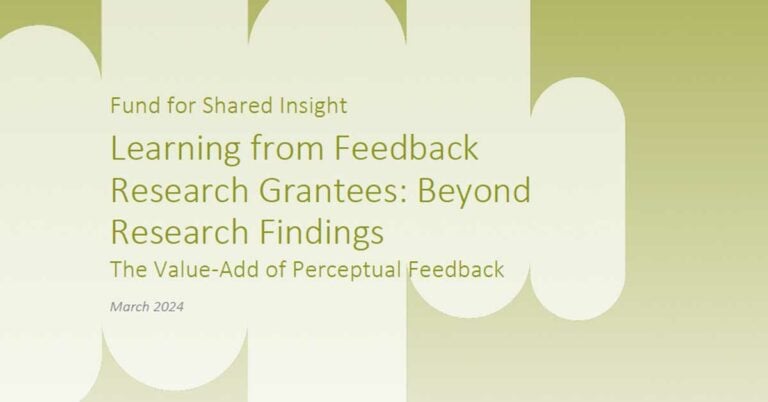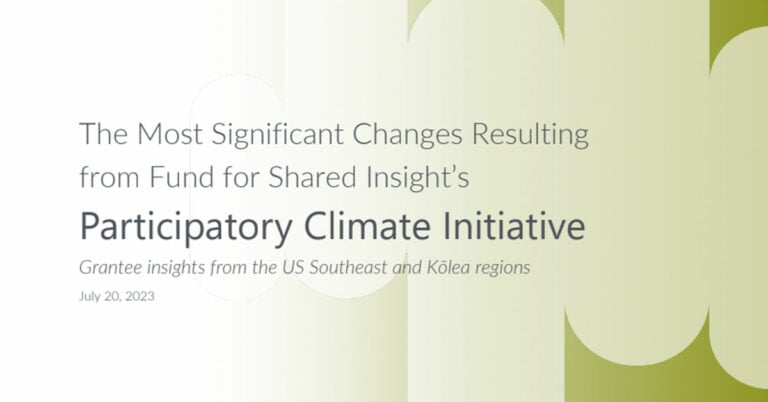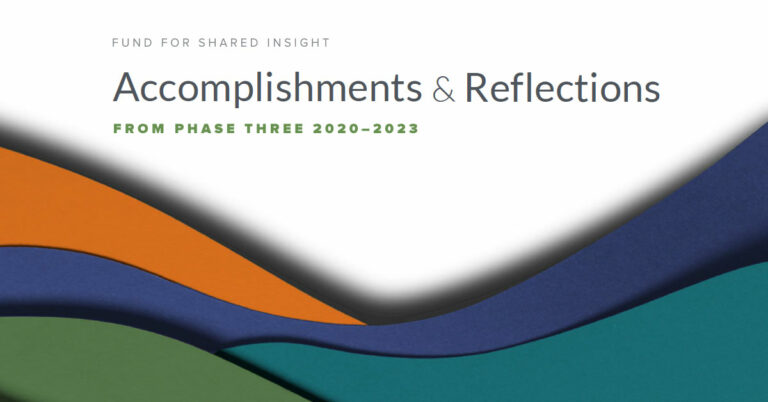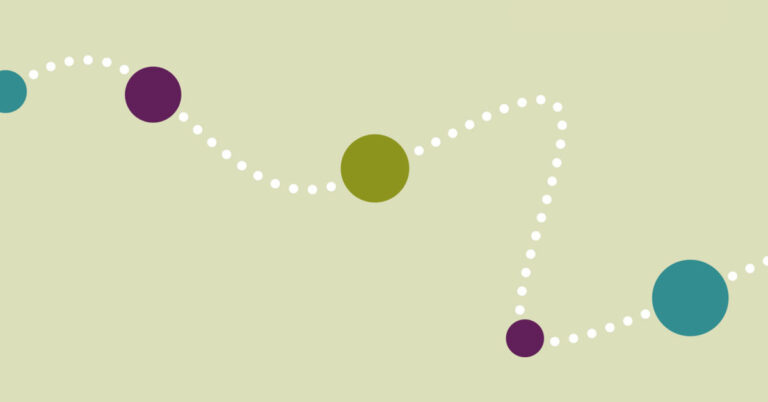Past evaluations of Shared Insight’s Listen4Good grantees have reported that through L4G they increased their technical ability to perform high-quality feedback loops, gained insights that informed data-driven changes to programming and internal operations, and improved both their programs’ effectiveness and their overall ability to serve clients. Evaluations have also found that L4G helped foster a culture of openness and listening in participating organizations and advanced their equity, diversity, and inclusion efforts.
Until now, however, these studies have examined L4G participants only during their grant periods. In this report, ORS Impact takes on a central learning question for the sustainability of Shared Insight’s feedback work: To what extent do grantees continue collecting high-quality perceptual feedback from clients after the L4G grant ends?
Here, ORS looks at 46 nonprofits that were the first to receive L4G grants in 2016, conducting interviews with 35 of them about a year after their grant ended.







